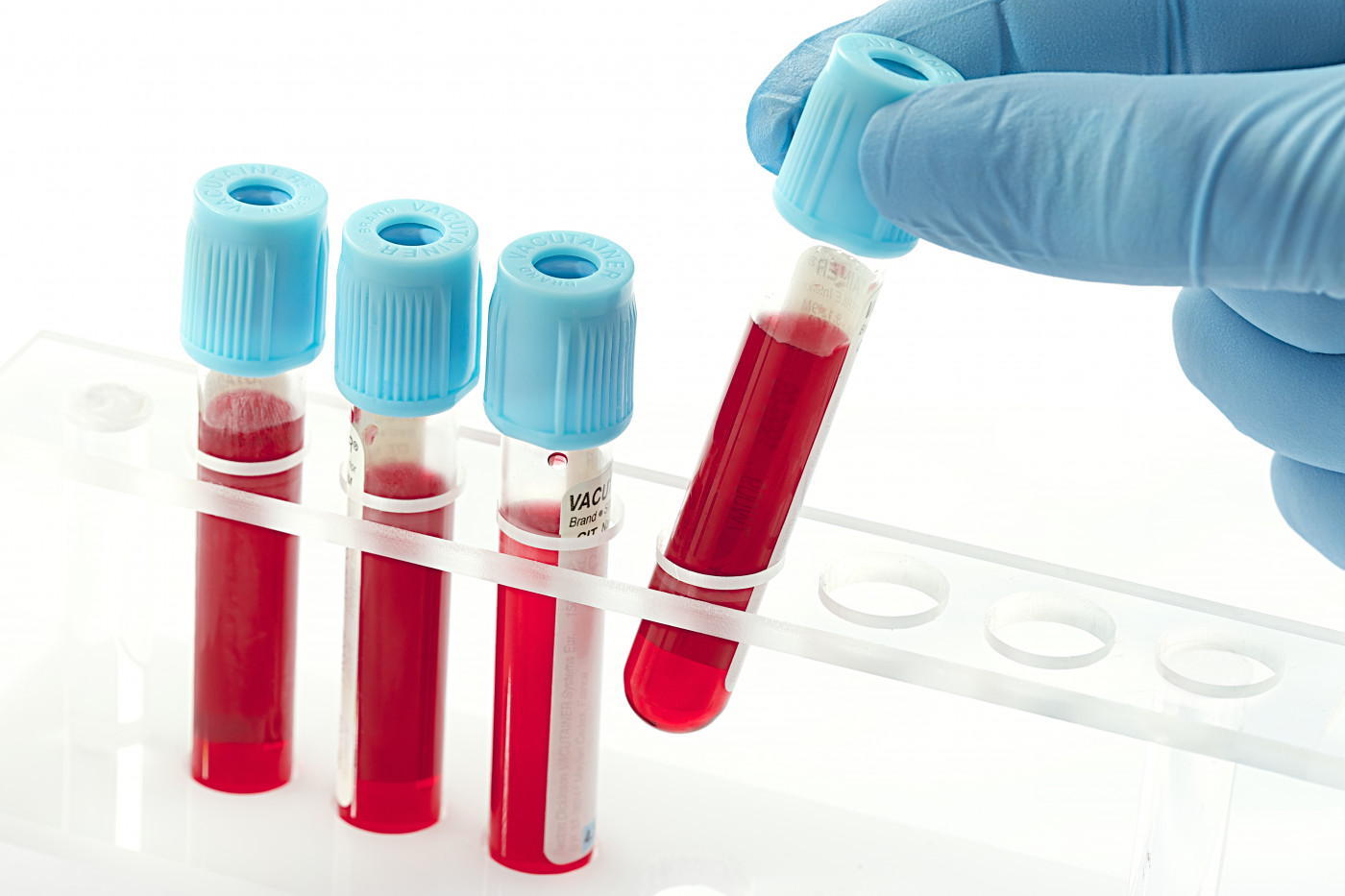Vitamin B12 Deficiency Linked With Primary Sjögren’s Syndrome in Study

People with primary Sjögren’s syndrome are six times more likely to be deficient in vitamin B12, a study found, supporting the need for screening and treating vitamin B12 deficiency in these patients.
The study “Association of Primary Sjögren’s Syndrome and Vitamin B12 Deficiency: A Cross-Sectional Case-Control Study,” was published in the Journal of Clinical Medicine.
Vitamin B12, also known as cobalamin, is a key nutrient for the well-being of the cells, participating in the formation of red blood cells, cell metabolism, nerve cell function, and DNA synthesis.
A deficiency in this vitamin is observed in about 1.5% of the general population, reaching 15% among those over age 60. While most causes are well known, about 1 in 10 cases of vitamin B12 deficiency have an unexplained origin.
Previous studies have suggested a possible association between vitamin B12 and primary Sjögren’s syndrome, but the lack of control groups have prevented researchers from drawing definite conclusions.
Researchers at the Angers University Hospital, in France, conducted a prospective, case-control analysis to clarify the link between primary Sjögren’s and vitamin B12 deficiency.
Their study included 126 patients hospitalized at their department of internal medicine: 21 Sjögren’s patients and 105 patients without Sjögren’s, serving as controls and selected to match patients in terms of age and sex. Their median age was 70, and 92.5% of participants in both groups were women.
Patients were excluded if they were receiving B12 supplements, had a genetic cause for B12 deficiency, or if they had additional conditions associated with low levels of vitamin B12, such as pernicious anemia — marked by not enough red blood cells being produced because the intestine cannot absorb vitamin B12 from foods.
Results showed that Sjögren’s patients had significantly lower B12 levels than did controls, and that a deficiency in this vitamin was more common in these people than in controls (42.9% vs. 11.4%).
An iron deficiency was also significantly more frequent among Sjögren’s patients (23.8% vs 12.4%).
After adjusting for patients’ age and other factors that could cause vitamin B12 deficiency, Sjögren’s syndrome was found to be significantly associated with low levels of this essential nutrient. Specifically, Sjögren’s patients were 6.45 times more likely to have a deficiency in vitamin B12.
When comparing Sjögren’s patients with and without a vitamin B12 deficiency, the team noted that the former tended to be younger (mean age of 57 vs. 71.5), to have a deficiency in iron (44.4% vs. 16.7%), and to exhibit lower levels of hemoglobin (mean of 121 g/L vs. 135 g/L).
“We demonstrated that pSS [primary Sjögren’s syndrome] was independently associated with B12 deficiency, even after excluding associated pernicious anemia, with six times more B12 deficiencies in pSS patients than in control,” the researchers wrote.
These results suggest the need for “screening and treating B12 deficiency in pSS patients,” they concluded.






